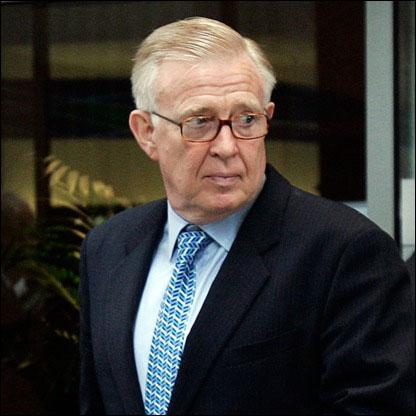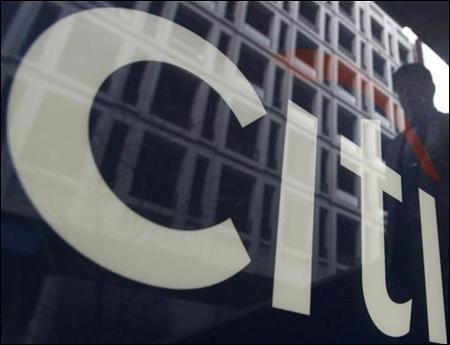Photographs: Reuters Yoshita Singh in New York
In a "dramatic boardroom coup", Citigroup chairman Michael O'Neill had worked for months on the ouster of banking giant's India-born CEO Vikram Pandit, who was "stunned" after being asked to go even after delivering improved results, a media report in New York said.
O'Neill told Pandit in an "abrupt encounter" at the end of the day on October 15 that "the board has lost confidence in you", The New York Times said in a report.
Click on NEXT for more...
Citi chairman planned Pandit's ouster for months
Image: Vikram PanditPhotographs: Peter Morgan/Reuters
Fifty five-year-old Pandit was offered a choice between three news releases which said he had resigned effective immediately, that he would resign effective at the end of the year or that he had been fired without cause.
"A stunned Pandit chose to resign immediately. Even though Pandit and the board have publicly characterised his exit as his decision.
The chairman maneuvered behind the scenes for months ahead of that day to force Pandit out and replace him with Michael L Corbat, the board's chosen successor," the NYT report said.
Click on NEXT for more...
Citi chairman planned Pandit's ouster for months
Photographs: Yuriko Nakao/Reuters
O'Neill, who had been on the board since 2009, had for long vied for Pandit's position of CEO, the report said.
O'Neill, 66, had been meticulously building a case for Pandit's ouster since taking over as chairman this year, first meeting privately with less-satisfied board members and then drawing in others until Pandit had virtually no allies left, the report quoted people who were aware of the developments as saying.
Click on NEXT for more...
Citi chairman planned Pandit's ouster for months
Photographs: Yuriko Nakao/Reuters
The "dramatic boardroom coup" at the bank's Park Avenue headquarters in New York had rankled some people at Citi, the report said adding that some senior executives felt the decision to let go Pandit was "needlessly ruthless" given that he had successfully steered the once struggling bank through one of its most difficult times in the financial crisis, repaid nearly $45 billion in Federal bailout, rebuilt capital and focused on restructuring the sprawling institution.





article